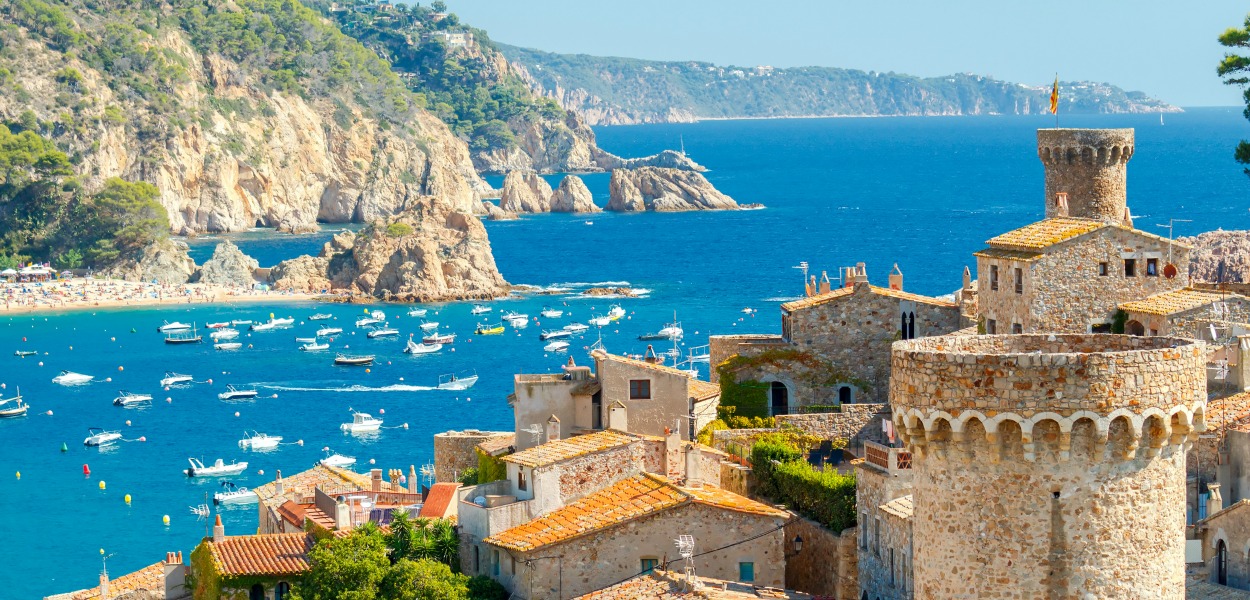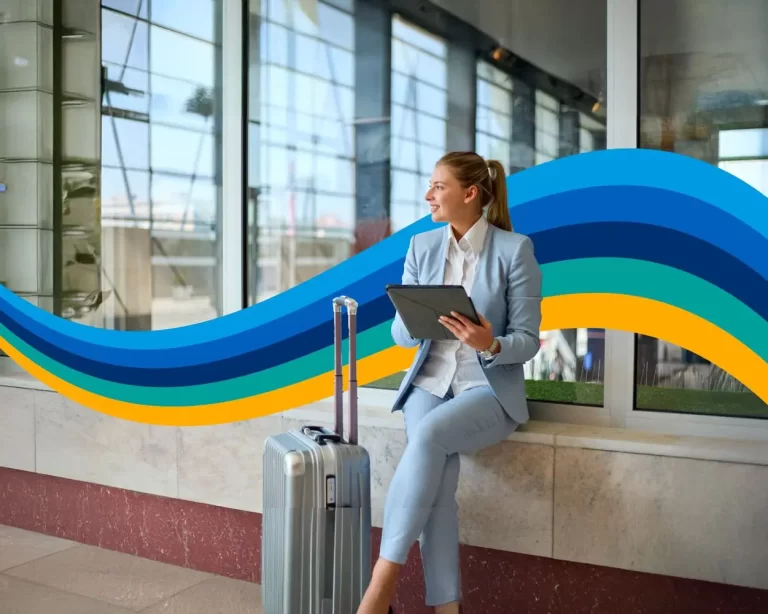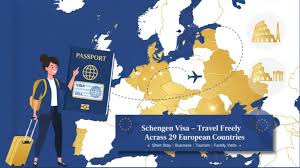
travel school
No matter what country you travel to, there will always be scams awaiting even the most careful tourist. In this article we cover the most common out there and how make sure you don’t fall into the trap.
Money changing
If you need to exchange any money only do so in a bank, no matter how tempting it may be to visit an on-street bureau de change, it won’t be worth it. Not only will you often be ripped off and receive less money but the money you receive might be fraudulent or fake. Also, the cashier might count more money than you have been given. By the time you realize you’ve been shortchanged it’s often too late. Don’t allow yourself to fall victim to this, always exchange your cash at a bank.
The wrong change
This is the oldest trick in the book. The taxi driver or shop keeper will give you the wrong change, so instead of a 200 you get a 20. Study your notes carefully, especially the ones that are similar in colour but with varying amounts. Make sure you check your money before handing it over and announce the amount you are giving. Take your time when you receive your change and double check it is the right amount.
Taxi and tuk tuk scams
Taxi drivers overcharging tourists is nothing new. These scams are universal. From a broken meter reader to an extortionate airport pickup, it is hard to avoid these scammers when you rely on taxis to get around. One way to avoid this stress is by using an app such as Uber or Grab. If they aren’t available in the destination you are travelling to ensure that you are getting into an official licenses taxi or look for an official taxi rank where you can hail one. If you are unsure you can ask your hotel for a taxi recommendation. Don’t risk getting into an illegal taxi, in some countries in South America, kidnappings from fake taxis can happen. Don’t put yourself in this situation and always play it safe.
Tuk Tuk drivers can often be the kings of the hard sell. From telling you about which restaurants to go to, which hotels, to which shops you can buy authentic gifts for friends and relatives. Always take these recommendations with a pinch of salt as the reality is, that the driver will get a commission for bringing you there. Always have your destination in mind and be firm and polite if they recommend somewhere else.
Fake police officers
It’s the last thing you’d expect to find on holiday, but there are plenty of fake police officers out there looking to offer you an on the spot fine. This scam normally involves a fraudulent police officer approaching you and asking for your ID, they will then say you have broken the law in some way and issue you an on the spot fine which they will require you to pay right then and there. They will hold onto your ID until you pay up. Naturally most tourists end up falling for this and hand over the cash. In order to make sure that you don’t fall into this trap don’t do anything illegal such as littering or spitting in the street. If a police officer approaches you and asks for your ID and says you need to pay a fine, show them your ID but don’t hand it over. Then request for a look at their ID and suggest that you both go to the police station together to settle the fine. This is normally when the fakes will be caught out as there’s no way, they want to go anywhere near a police station.
Rental scam
These are common throughout Asia. You rent a motorbike or a jet ski and upon returning it discover that there are lots of damages and fees waiting for you or even worse the item has been stolen during the night. The damage/theft is not your fault as maybe a) the damage was there prior, b) the damage/theft was inflicted whilst you rented it by a member of the rental staff or c) there is no damage whatsoever. To avoid falling into this trap always rent from a reputable company and take plenty of pictures of the item beforehand.
Border crossing scams
When crossing a border, you may be approached by a fake border official who is offering to process your visa for an extra fee. These fees will be much higher than the standard rate, but as this person looks official, many tourists fall victim to this scam. Another similar border scam is that a fake border official will tell you, you need to have certain medical documentation to qualify for a visa, but they can get this information for you, for a small fee. Again, this is completely unnecessary, but it can be hard to determine the real border guards from the frauds. To ensure you don’t fall prey to this read up on the visa requirements of the border you are crossing and make your way straight to the border office, if possible you could also get your visa in advance to stop anyone trying to trap you with extortionate visa processing fees. If anyone tries to catch your attention outside the office simply smile and say no thank you.
Bar scam
This scam is often targeted towards solo travelers who have just arrived in a new destination. Whilst at a bar a friendly local will start talking to you. Drinks will flow and you will feel like you have made a lifelong friend, however, after they make a quick exit you are stuck with a hefty bar bill. Another version of this is if you are a man travelling solo a woman will flirt with you, have a few drinks, then leave you high and dry with the exaggerated bill. In order to stop falling into this trap keep an eye on how many drinks you have had, do not offer to buy a drink for a stranger, do not offer to create a bar tab and always keep an eye on your valuables.
‘Free’ gifts
Nothing is ever free, especially if you are a tourist. A stranger will put a bracelet on your wrist, you will be given a sprig of rosemary, or maybe a friendly bystander offers you some directions. They will all expect to be paid. If you object, expect to be met with a scene. The best way to avoid this scam is to avoid all eye contact with anyone looking to give you an item and don’t allow them to put the item on your wrist or into your hand. Keep your hands and valuables close to you. A firm no thank you is all that is required.
Fake petitions/accidents and the helpful stranger
The fake petition scam is mostly used in Europe. A stranger will approach you with a clipboard and ask if you could give a donation to a charity they are working for, they also might ask you to sign a petition for a local cause. Either way whilst you sign or hand over a donation, they will be picking your pockets.
Fake accidents are another way of distracting you in order to pick your pockets. Sometimes a stranger might accidently spill a drink on you, or even squirt some sauce on you. When they offer to help you clean it up, you will be so distracted you won’t notice they have emptied your pockets until they are long gone.
The helpful stranger is someone who will come up and offer you help and advice in order to con you. A common example of this is in Bangkok near the Grand Palace. This stranger will approach you and happen to mention that the Grand Palace is closed for lunch, or for a holiday. They will then offer you an alternative tour they would recommend and just happen to have a tuk tuk driver nearby who can help take you there. Once at the alternative location they will try to hard sell you a tour.
The best way to avoid these scam artists is to always be vigilant. If anyone tries to catch your attention respond with a firm no thank you and do not stop, even if you may have been covered in a beverage or squirted with sauce.
Fake photographers
This scam is common in Asia. A passer by will offer to take your photo, they might even offer you a traditional hat or bamboo basket to hold. After they have taken your photo, they will then demand a fee. To get your phone back you will have to pay. Worst case scenario they don’t even take your picture and run off with your camera or phone. Avoid falling into this trap by avoiding eye contact and a firm no thank you. If they aren’t letting go, tell them you don’t have a camera phone or a camera with you. They will quickly lose interest and go to the next tourist available.
Written by Sarah McCann, Blog Writer at MyBaggage.com.


